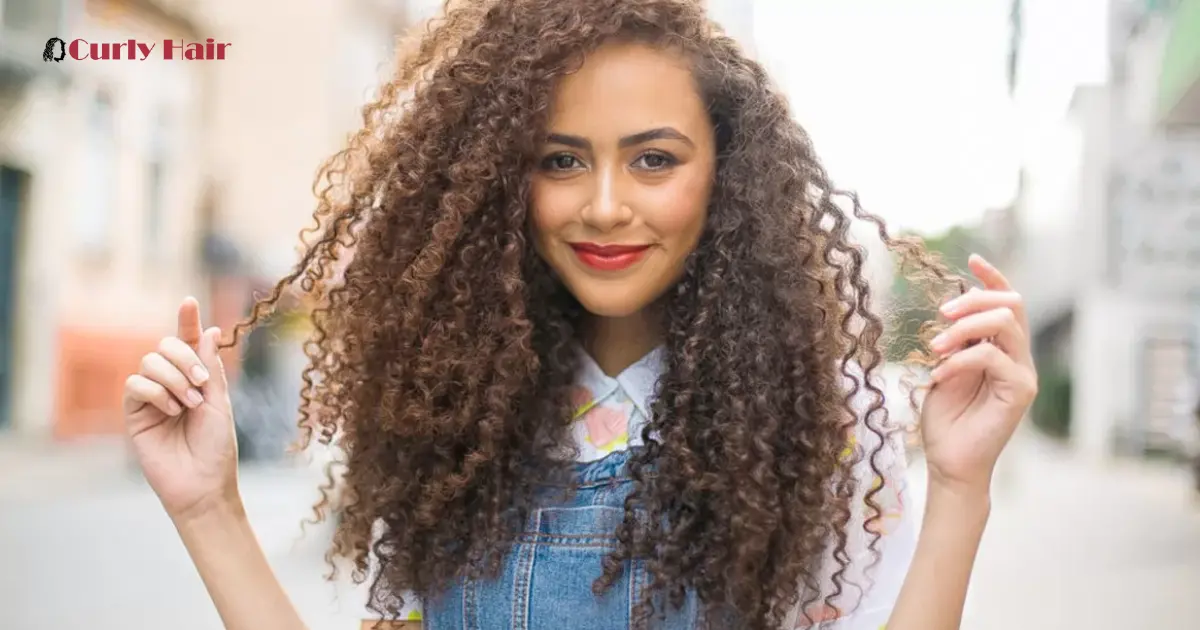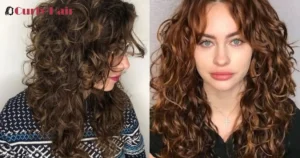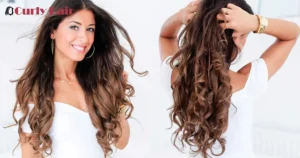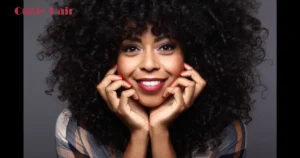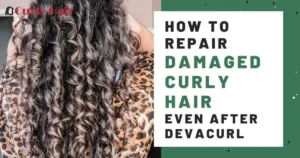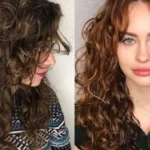Managing oily curly hair can be tricky. Curly hair has its own set of needs, but when excess oil production comes into play, it can lead to additional challenges like greasy roots, frizzy strands, and product buildup.
In this article, we’ll dive into the causes of oily hair and explore an effective care routine. We’ll also recommend the best products and styling techniques to help you manage your curls while controlling oil production.
Key Takeaways
- Oily curly hair results from excess oil sebum produced by the scalp, leading to greasy roots and weighed down curls.
- Use sulfate free shampoos that effectively clean without stripping natural oils, which helps maintain curl health.
- Lightweight, water-based products are better for greasy curly hair, preventing buildup and enhancing curl definition.
- Regular scalp exfoliation and clarifying treatments can control oil production and keep curls bouncy.
- Adjusting your wash routine 2-3 times a week can help manage oil while preserving curls.
Causes of Oily Curly Hair
Understanding the reasons behind your hair is the first step in managing it. The main culprit overactive sebaceous glands. These glands, located on your scalp, are responsible for producing natural oils (called sebum), which help keep your hair moisturised. However, when they produce too much oil, it can make your scalp greasy and weigh down your curls.
Curly hair presents a unique challenge because the natural shape of the curls makes it difficult for the oil my curly hair to travel down the hair shaft. This often leads to oily roots and dry ends, which can cause your curls to appear limp at the scalp but frizzy and brittle toward the ends. Factors like using heavy styling products, product buildup, and not washing your hair often enough can further contribute to the problem.
Effective Hair Care Routine for Oily Curly Hair
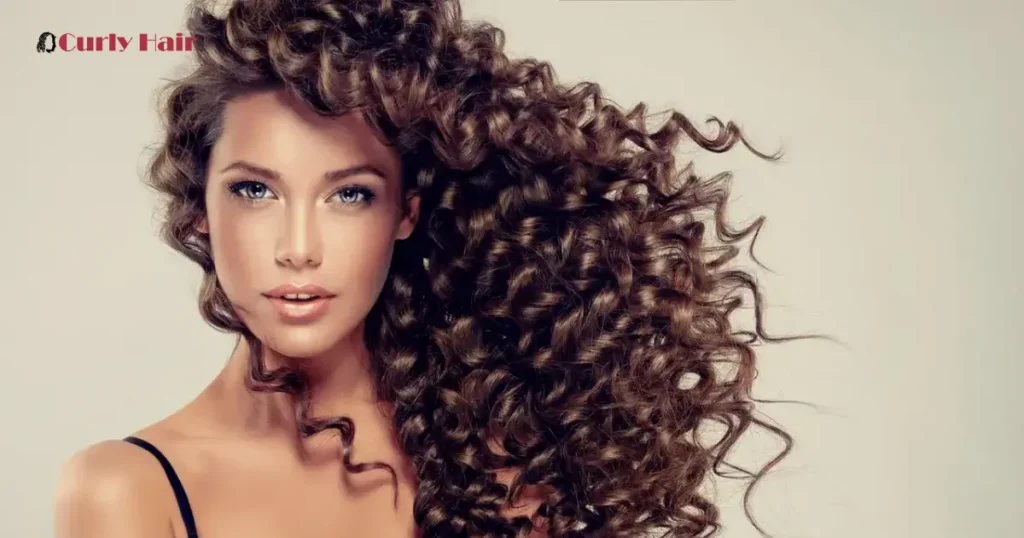
The first step in your routine should be addressing how often you wash your hair. Washing your hair too infrequently can allow excess oil to build up, especially at the scalp, while washing too often can strip your curls of essential moisture. For oily hair, using a clarifying shampoo is essential.
This type of shampoo is designed to remove product buildup and excess sebum without drying out your curls. Look for gentle clarifying shampoos that target oil production but are still safe for curly hair. You should aim to wash your hair every 2-3 days, depending on how oily your scalp gets.
Top Styling Products for Managing Curly Hair with Oily Scalp
Using the right styling products is essential to managing oily hair. You want products that enhance your curls without adding weight or making your scalp greasier.
Lightweight Styling Products
Choose lightweight mousses, gels, or curl creams that define your curls while keeping them bouncy. Heavy products that contain oils or butter may be too much for oily hair, as they can contribute to oily roots and make your scalp feel greasy.
Avoid Heavy Hair Oils
While some oils can be beneficial for dry hair, they aren’t always the best option for those with an oily scalp. Heavy hair oils can sit on the surface of your scalp and make the oil problem worse. If you must use oils, choose ones that mimic the scalp’s natural sebum, like jojoba or grapeseed oil, and apply them only to the ends of your hair where the oil doesn’t naturally reach.
Home Remedies for Greasy Curly Hair
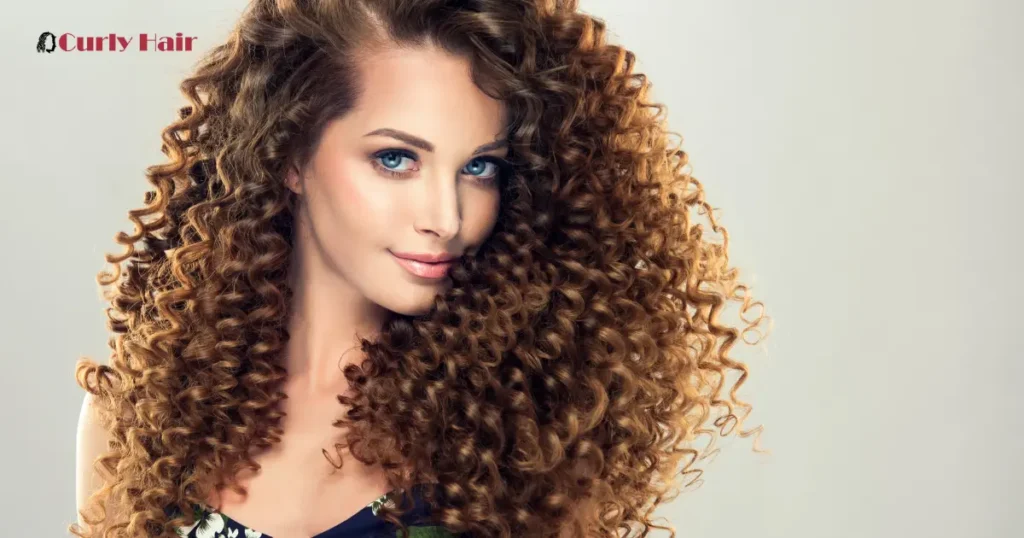
For those who prefer a more natural approach, there are remedies you can try to manage your hair without relying on commercial products. These natural treatments can help balance oil production while keeping your hair healthy.
An apple cider vinegar rinse can act as a natural clarifying shampoo, helping to remove buildup and excess oil. Simply dilute a tablespoon of apple cider vinegar in a cup of water and use it as a rinse after shampooing. The acidity of the vinegar helps balance the scalp’s pH and can help control oil production.
Additional Tips for Managing Oily textured curls
- Avoid Over Brushing: Brushing too much can stimulate the sebaceous glands, causing more oil to be produced. Stick to finger combing or using a wide-tooth comb to detangle your curls.
- Massage Your Scalp: A gentle scalp massage can help distribute natural oils more evenly through your hair, preventing them from pooling at the roots.
- Watch Your Diet: Diet plays a role in the health of your hair and scalp. Consuming too many oily or fatty foods can increase oil production in your scalp. Focus on a balanced diet rich in vitamins and minerals to promote healthy hair.
Frequently Asked Questions
Is oily hair good or bad?
Oily hair is good in moderation as it helps moisturize and protect the hair, but excess oil can lead to a greasy appearance and clogged follicles.
Why is my hair oily?
Your hair may be oily due to overactive sebaceous glands, hormonal imbalances, or improper hair care routines.
How to deal with oily wavy hair?
Use a lightweight clarifying shampoo and avoid heavy styling products to manage oil without weighing down your waves.
Is frizzy hair dry or oily?
Frizzy hair is typically dry, but it can also occur in oily hair when the scalp is greasy but the strands lack moisture.
How to remove oil from hair?
Use a clarifying shampoo dry shampoo, or an apple cider vinegar rinse to effectively remove excess oil from hair.
Conclusion
In conclusion, managing oily curly hair requires a careful balance of cleansing, moisturizing, and using the right products. By incorporating a clarifying shampoo, lightweight styling products, and a solid routine that includes regular washing and conditioning, you can keep your curls looking fresh and defined while avoiding greasy roots.
